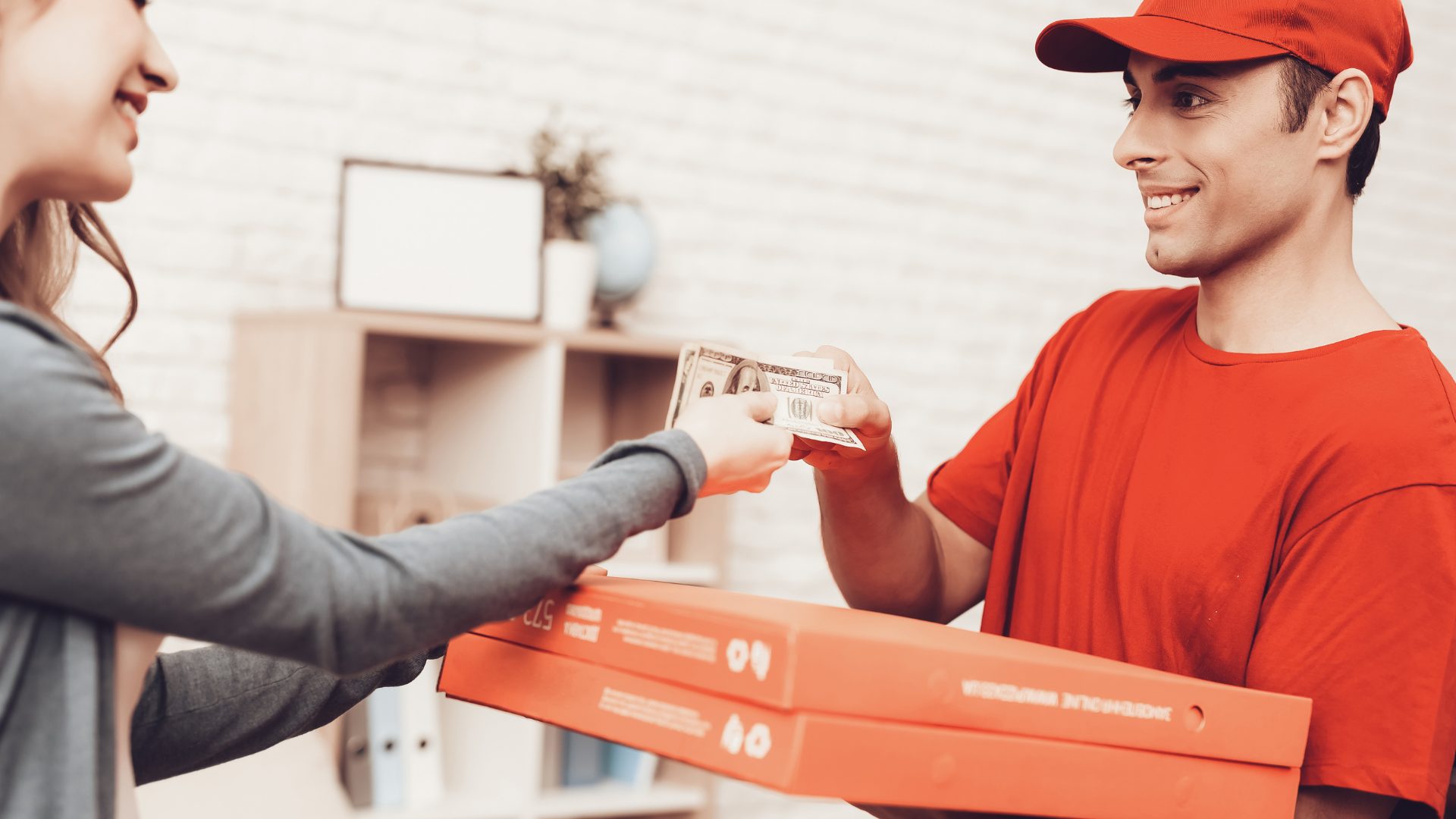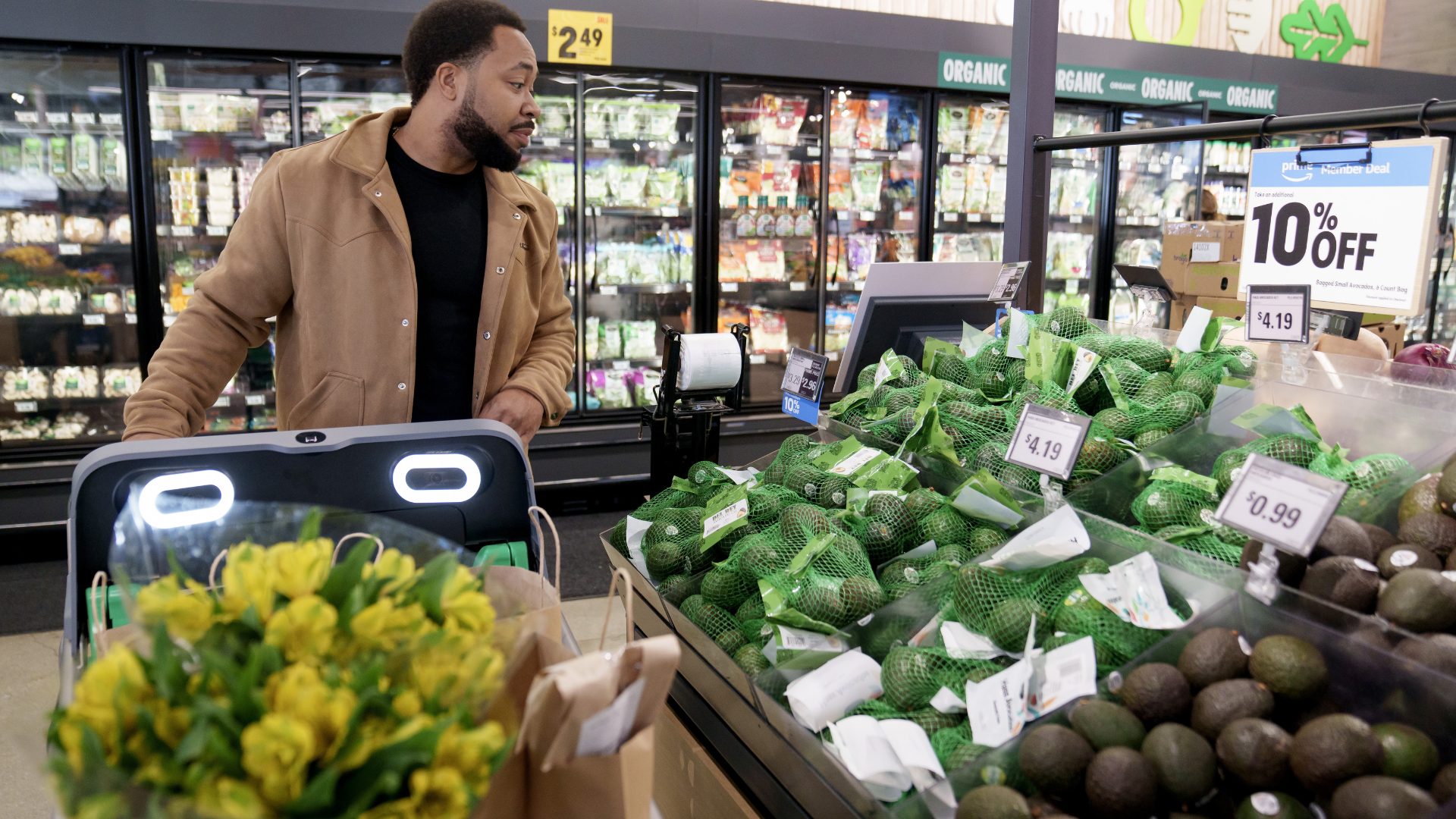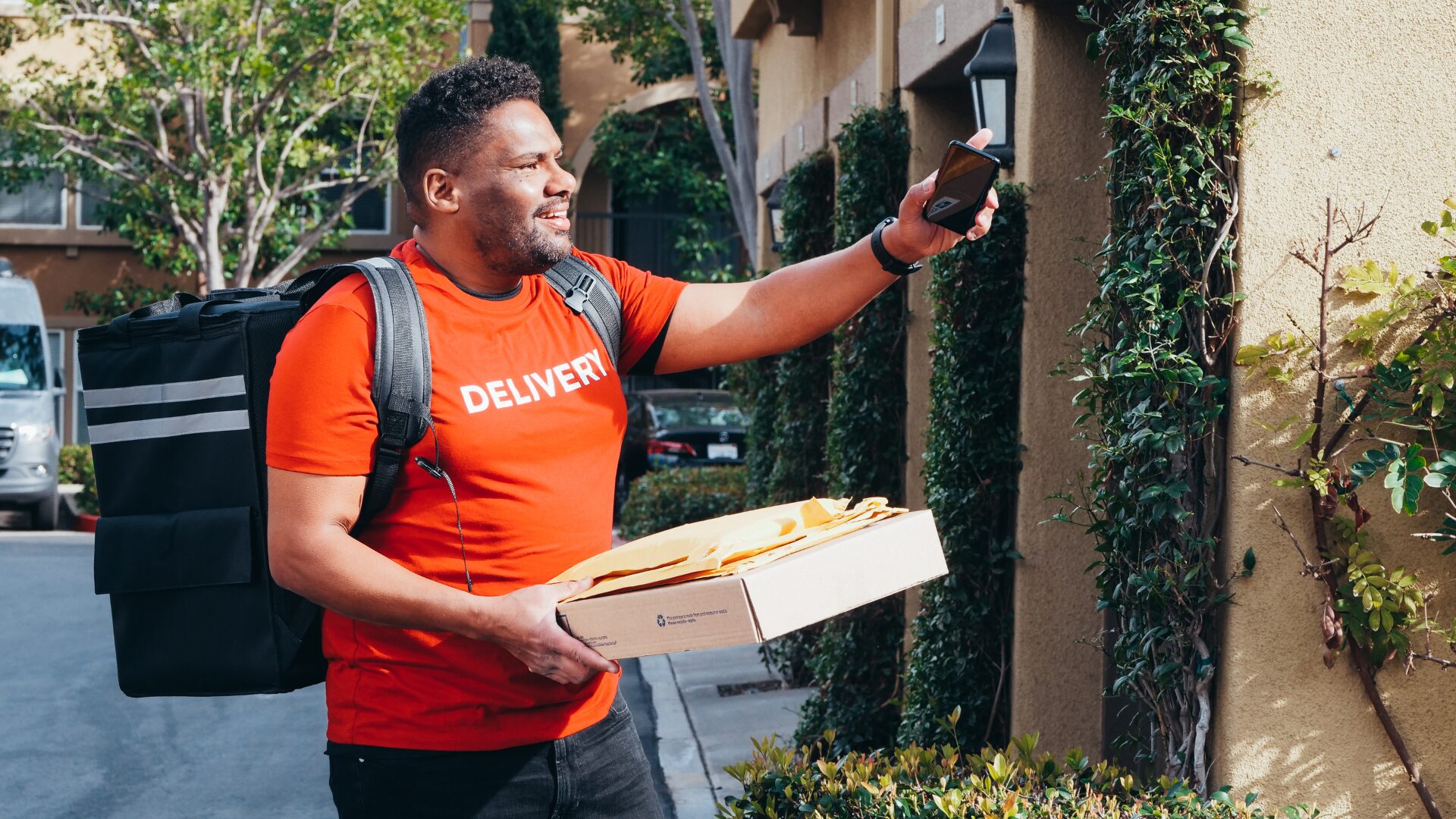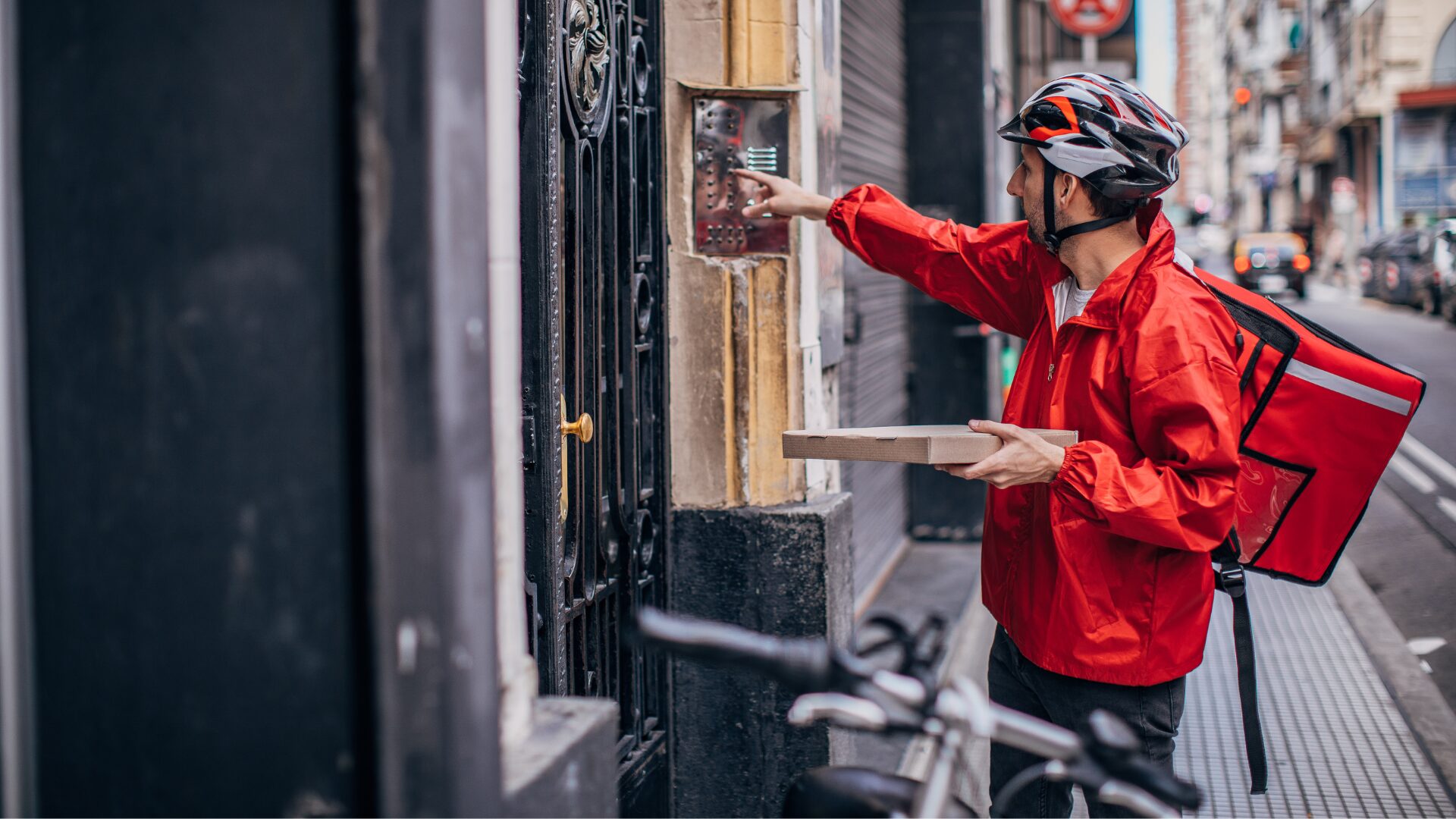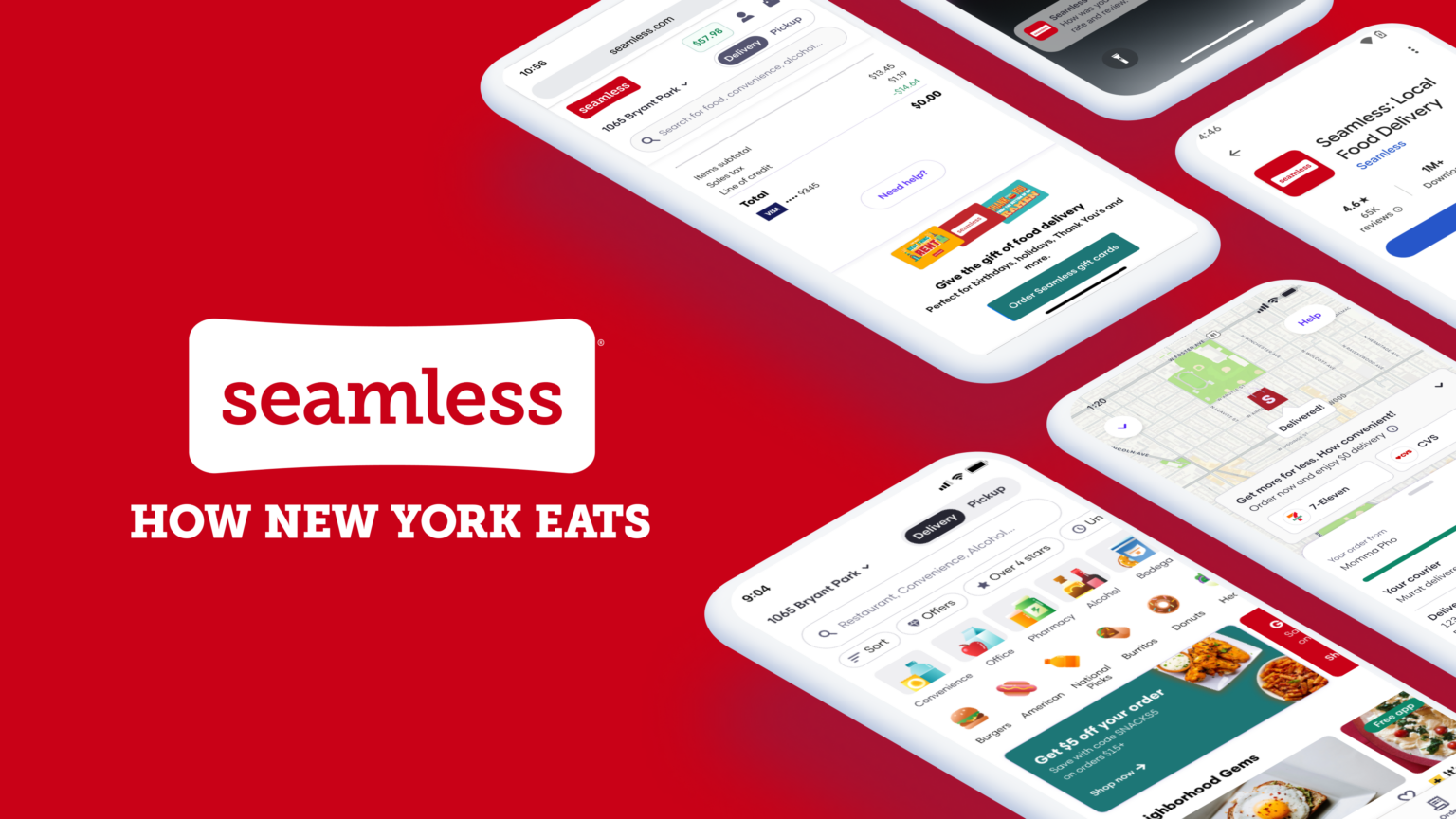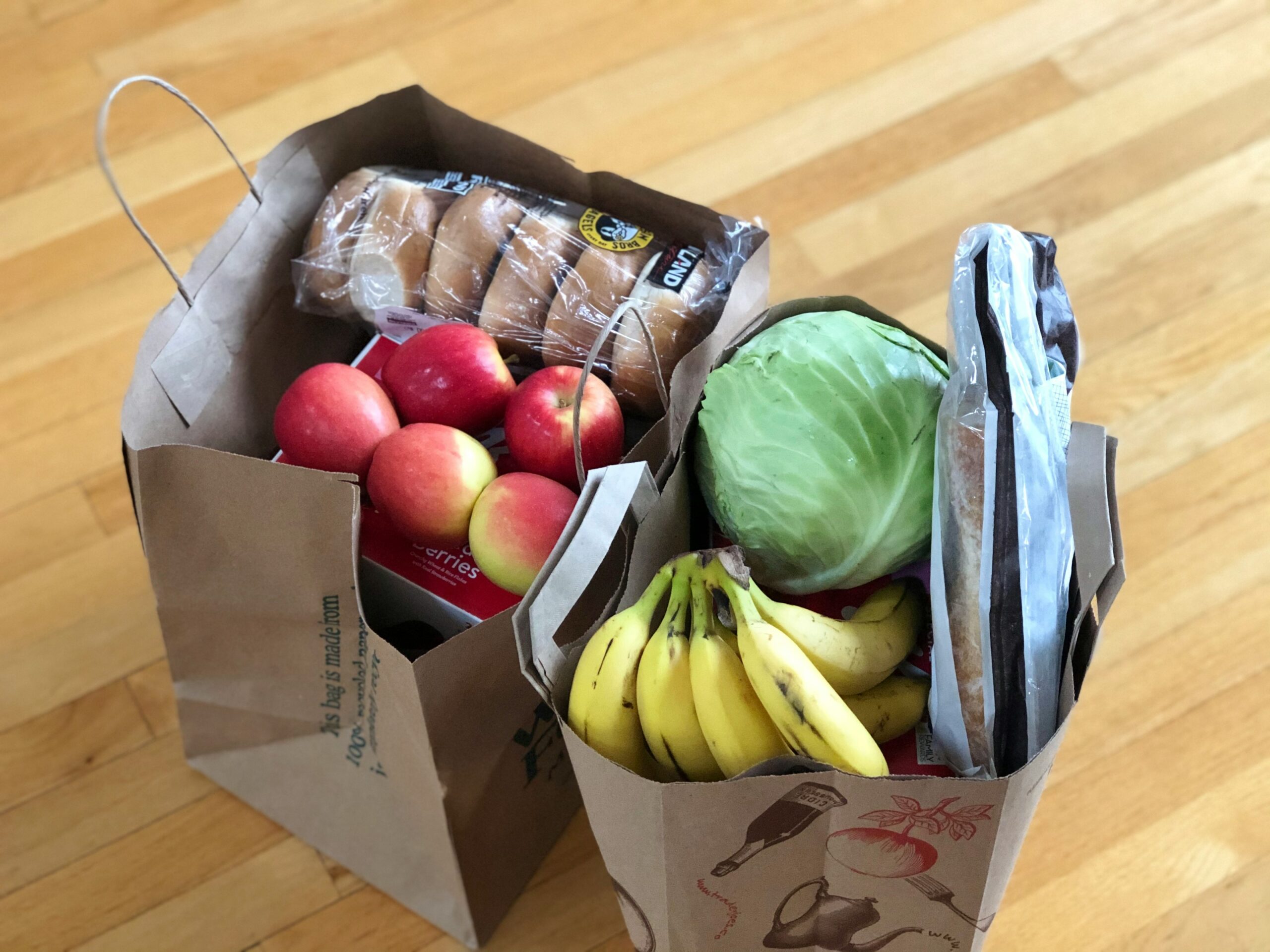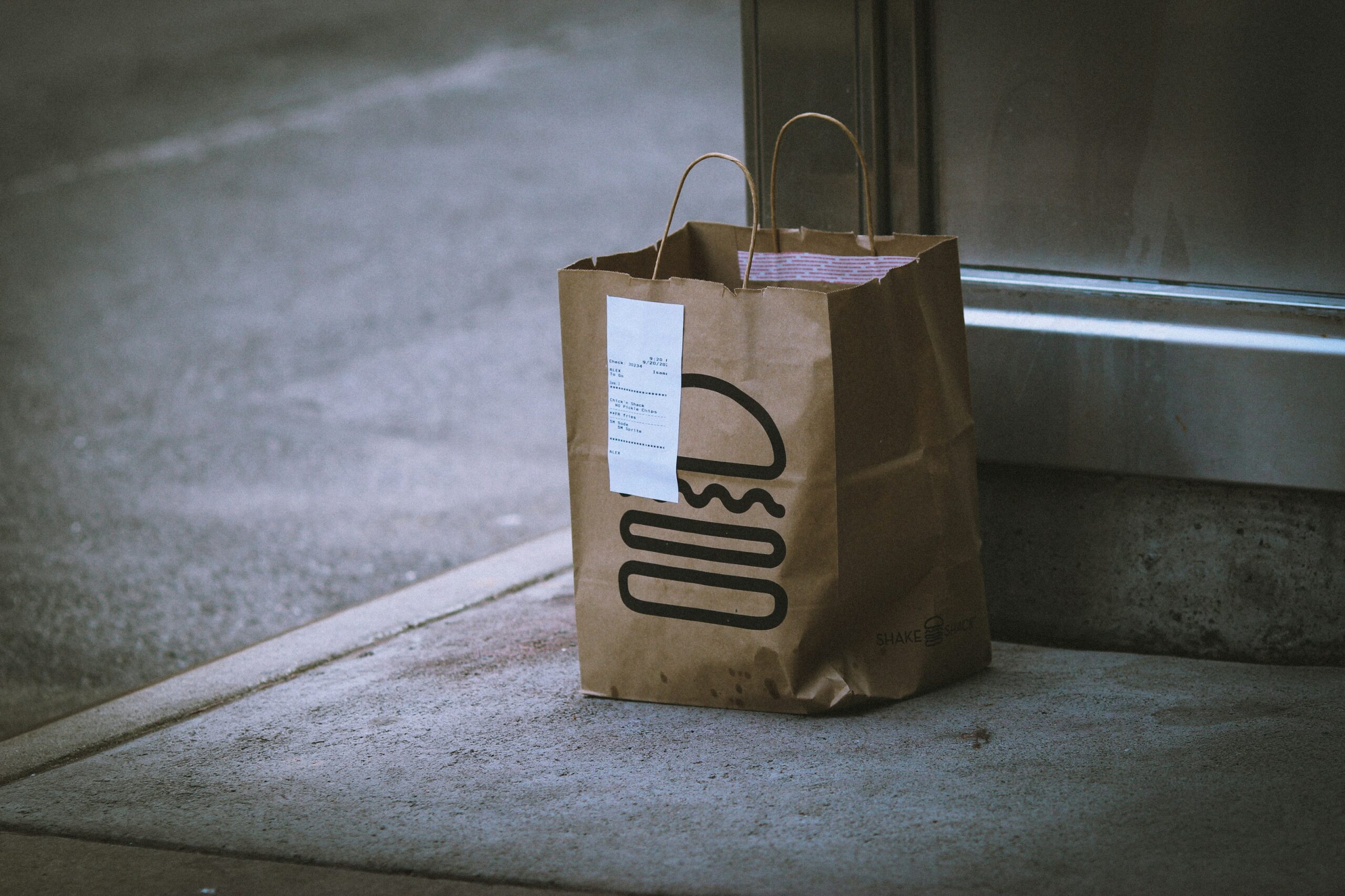Investor appetite for apps that promise 10-minute delivery is on the rise.
Turkish grocery delivery app Getir just topped $1 billion in fundraising this year with its latest deal, for instance, by securing additional capital from an existing investor, reported Bloomberg (Sept. 13). Earlier this year, fellow rapid delivery company Gopuff, based in Philadelphia, opened eyes when it raised $1.5 billion from investors.
Yet, a new Associated Press report out of the United Arab Emirates notes that some advocacy groups are questioning such “ultrafast” delivery services, considering the sometimes dangerous demands the job places on drivers.
DRIVER DEATHS IN DUBAI
As Dubai’s food delivery segment has boomed during the pandemic, dangers and casualties have begun to mount, the Associated Press said. With most of the delivery riders paid between $2 to $3 per delivery rather than a fixed salary, they work at a hectic pace.
To reduce cost, some companies, like London-based Deliveroo, outsource bikes, logistics and responsibilities to contracting agencies, which can lead to worker mistreatment, the AP reported. In Dubai, one road safety activist collected media reports of at least 70 delivery riders hospitalized last year, including 24 who died.
The Emirati newspaper The National reported that 12 delivery drivers were killed during the city’s lockdown in April alone, quoting a police official as saying, “When money comes into the equation, safety is put aside.”
A SUSTAINABLE MODEL?
A number of delivery companies say they’re increasing safety standards. Deliveroo (which is valued at over $8 billion) said it has adjusted working hours to meet high customer demand and, according to the AP, stressed that all riders provide their contractors with documentation, including insurance.
Still, it remains to be seen if 10-minute delivery is truly sustainable. Getir, for example, has developed a delivery process in which pickers at its “dark store” warehouses collect items and pack them in bags for delivery riders in less than 2 minutes.
Such swift order fulfillment – not to mention riders navigating city traffic to reach their destination – leaves little margin for error.
Mark Stanton, the general manager of supply chain solutions for PowerFleet, told The Food Institute earlier this summer that several factors will determine which rapid delivery companies survive, such as the ability to manage multiple fleets, while also using innovative technology to quickly identify bottleneck situations.
“The companies that will be the most successful are the ones that utilize technologies and solutions that allow them to ‘manage’ their assets appropriately [like] trailers, drivers, etcetera,” Stanton said. “The quicker they’re able to identify bottleneck situations the faster they can fix them – and become more efficient.”





